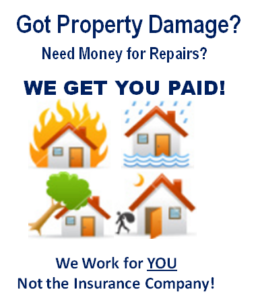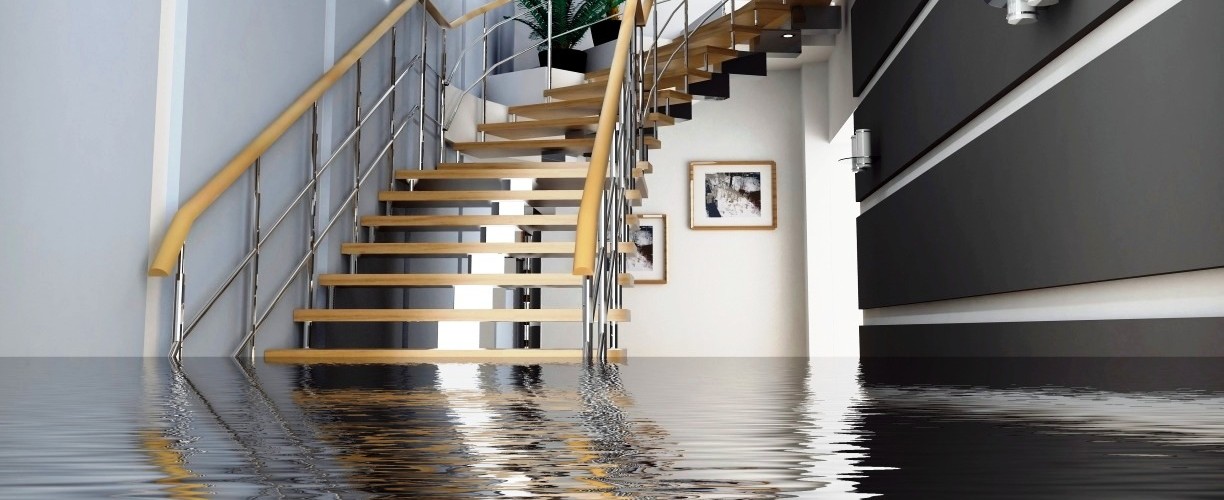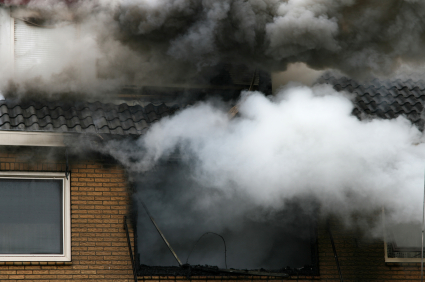News release: Philadelphia and many other surrounding communities in Bucks County Pennsylvania are dealing with property damage from historic flooding on Thursday, while other parts of the area – including South Jersey – clean up after at least seven tornadoes touched down in the region.
If you need help with property damage claims, contact us first for a policy review.
Hurricane Ida Damage? Start a New Claim or Call us at 1(800) 410-5054

Certified Public Adjusters
SERVING ALL OF YOUR PROPERTY LOSS NEEDS
AAA Public Adjusters, LLC is the nation’s leading property loss consulting firm headquartered in Philadelphia, PA with additional offices throughout Pennsylvania, New Jersey, Delaware and Maryland. Started over 25 years ago, our public adjusters do more than just prepare & file insurance claims. We leverage our adjusters’ extensive property and insurance knowledge to safeguard our clients’ interests (policyholders, including home and business owners) under their insurance policies and increase their recovery from losses.
AAA public insurance adjusters are insurance claim professionals who strictly represent the insured in negotiating a property damage claim. AAA public insurance adjusters have the knowledge and expertise in appraising and evaluating property damage, whether it is building, personal, business interruption or additional living expenses. We are paid a small contingent fee based on the total settlement of the loss.
Our professional claim services make it possible for the insureds to focus on what matters most to them. AAA Public Adjusters has always fought to help our clients recover the benefits from their insurance claims – by ensuring their claims are handled appropriately, diligently, and fairly by the insurance companies.
Read the definition of What is a Public Adjuster
We represent home and business owners and are retained as expert witness in a variety of property loss claims, including:
- Fire Damage
- Smoke Damage
- Water Damage
- Flood Damage
- Wind Damage
- Catastrophic Damage
- Vandalism Damage
- Theft Damage
- Burst Pipes
- Frozen Pipes
- All Plumbing Leaks
- Toilet Overflow
- Ice & Snow Damage
- Roof Leaks
- Blown Off Shingles & Siding
- Collapse
Each office throughout the Delaware Valley offers support from experienced public adjusters, who have helped residents of Bucks County, Chester County, Delaware County and Montgomery County. Additional areas we serve include: Camden County, Burlington County, Atlantic County, and Ocean County.
If you need assistance with making a property loss claim, whether it is a homeowners claim or business claim, please give us a call or fill out our contact form today.
Update: Hurricane Ian Claims Please visit here.







